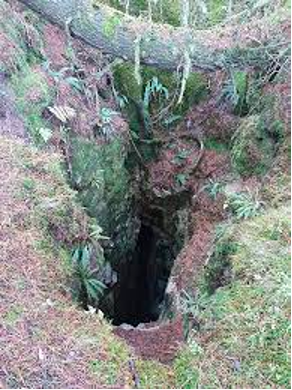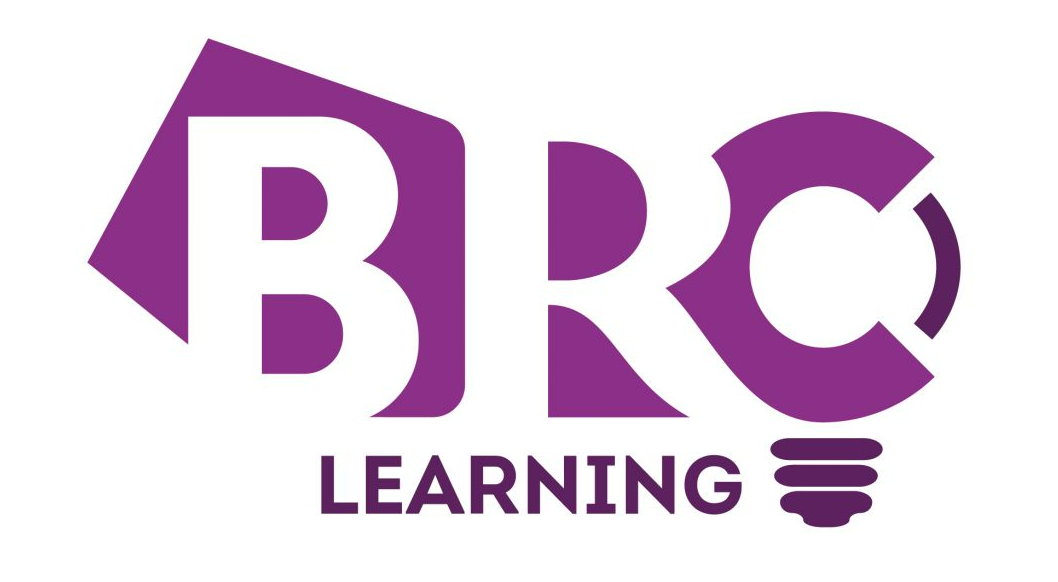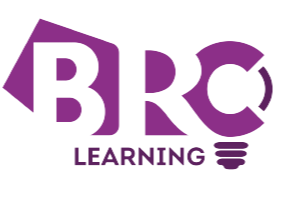Unlearning the basics
How can unlearning what we assume to be true affect ourselves, our leadership and even reimagine our economies?
I live in an old Tin and Silver mining area where there are miles of tunnels under the ground. Each tunnel is accessed by an entrance shaft, a dark, wet and cold reminder of the hard and dangerous work that has often underpinned modern industry. Some of these shafts have been safely capped and others left open and have become hidden by undergrowth, an adventurous child’s heaven and a parents’ potential nightmare. Every few years something unusual and slightly scary happens, someone’s garden, shed or even house starts to disappear into a shaft or a hole where a few 100 feet below a tunnel has collapsed and the ground drops to fill the void.
This happened a few years ago in our village and millions of pounds were spent underpinning the whole street. You can still see an empty green area where a house and garden once stood, a stark reminder that what we take for granted as stable and constant is not always so. Architects of future houses in the area have had to let go of their assumption that below the surface is something solid enough to build on.
I wonder if this is like learning. We assume that our learning is built on something we already see and know and that the things we see and know are secure. Now that might be true sometimes, but is it true all of the time, especially in the world of people and business?

Unlearning self-limiting beliefs
Let’s start with ourselves, most of us have ‘self-limiting beliefs’. E.g. I am only valued when I am busy, I am not enough, and I will never be a success. These historical beliefs often learned from our formative years become the foundations on which we build our learning about ourselves and our leadership. (Some approaches say that we inadvertently swallow whole the beliefs of others and then base our lives on them). We can begin to see how this can quickly become problematic, for example, I know that I need to delegate more responsibility to my team yet if I am not super busy I don’t feel valued so I’ll just keep doing everything, and then I’ll feel good about myself. Not so good for your team’s development or ultimately for your own development as a leader. It’s no use me learning about great delegation if I don’t also unlearn the belief that I am only valued if I am busy all the time. It will always be a struggle to let go and let others. I have to unlearn something before I can apply the new thing.
Modern science is clear that we create mental and emotional pathways over the years through repeating patterns and habits. These usually happen unconsciously, we don’t even know we are doing, thinking or feeling them. If not unlearned, and new pathways learned and habituated these unconscious neural pathways become the things we build everything else on.
The exciting news is that scientists also know that we have neuroplasticity, we can create new pathways, build new thinking and feeling habits on which we can build new learning.
Now bear with me for a few sentences as we take a brief dive into philosophy. It seems these ‘pathways’ or assumptions about ourselves and the world we live in are more fundamental than we might initially recognise. In his attempt to steady a growing realization that no knowledge about our own existence was secure the French philosopher Descartes came to the conclusion that: I think, therefore I am, apparently this conclusion left him feeling less sceptical and more secure. Fast forward to 2023 and modern thinkers such as Eckert Tolle and Sam Harris assert that thoughts and emotions are just energy that appears in a thing called awareness, they are not proof of anything. This is a completely different way of understanding human experience yet Descartes’ ideas have formed the foundations for much of our reliance on what we might call rational thinking as opposed to more holistic ways of understanding the world. However, best not to stay with this too long, as it can get very metaphysical very quickly. What I am trying to show is that we build knowledge on large and changing assumptions and understandings. OK, let’s exit philosophy quickly before we all get lost and move back to business.
In the 1950s we developed some economic thinking built on the belief that a certain type of growth was beneficial to business and society. It looked something a little like this. The assumption is that all growth is good because profits increase along the same trajectory and this is the way to create healthy societies. We even developed a way to measure the success of countries based on this way of thinking and called it GDP (Gross Domestic Product). The founders of this concept did mention that it was not designed to be used in this way, but we went ahead just the same and this is now how we and many countries measure success. Countries such as Bhutan have been experimenting with different ways of measuring a country’s success, more holistic and useful things such as gross happiness.
We now know that our exponential growth model is becoming increasingly problematic, it leaves us breaking planetary boundaries and not meeting the basic needs of many. To find new ways of doing things, (enter Doughnut Economics, Circular Economy Principles, and the Kindness Economy) we have to first unlearn our old ways of understanding growth, to unlearn the truths that we may have been told so we can learn new ways. If we are to unlock cultures, actions and personal realisations, we will also need to transform the design of the economic systems around us – systems that we have inherited from the last century when we didn’t know as clearly we were transgressing our planet’s boundaries and were on a path to creating spiralling inequality.
Consciousness leadership
But how do we do this unlearning? Consciousness leadership (leadership with awareness) works with the idea of ‘above and below the line’. When living above the line we are curious, when below the line we are closed and more interested in holding on to what we already experience as right. If we are going to unlearn and then relearn, the analogy of an open hand and a closed fist are useful. When my fist is closed I hold on so tightly to what I know that nothing else can be held in my hand, nothing new can enter. When I come with an open hand I hold lightly to what I know so that I and others can be curious about it and then because my hand is open I can choose to bring in new things and remove old things.
Now I am not suggesting that you agree with everything in this piece, that’s for you to decide, what I am suggesting is that we all hold a little less tightly to what we think and have been told is the way to do things. When we hold lightly we can let them go if needed and welcome the possibility of something new.
Rob Husband works alongside Sam Redman as Programme Designers for the BRC Summer School. This year, 2023, we are exploring the concept of unlearning to learn because we truly feel that this is what you do when you're at the school. If this article has piqued your interest, then head over to
BRC Summer School.



